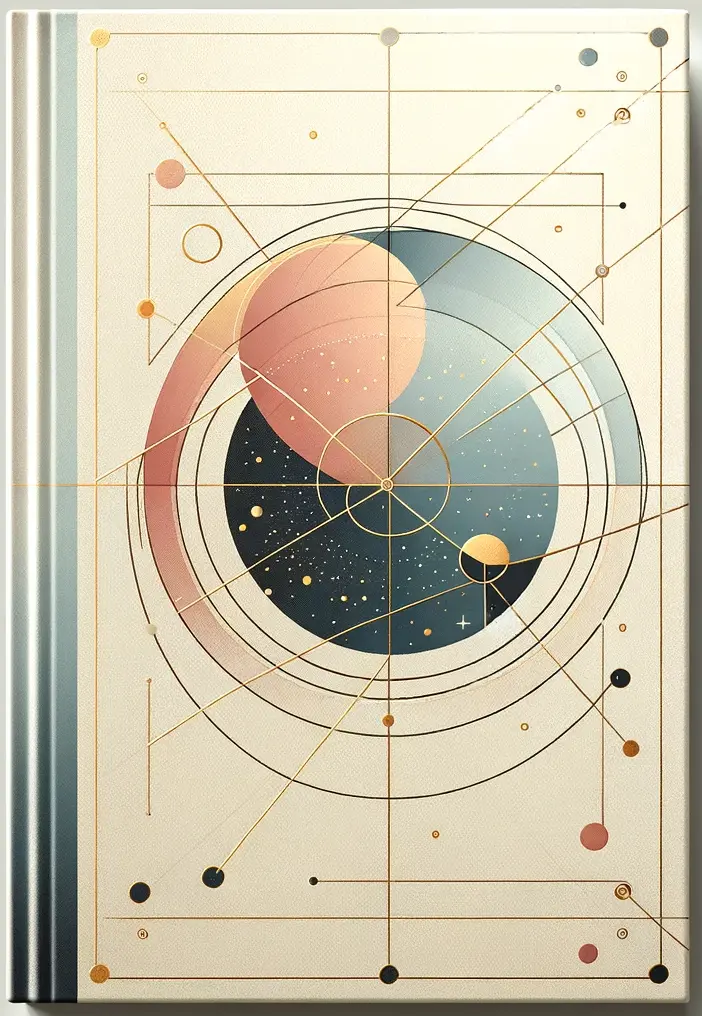Discover books similar to "Republic: Books 6-10"

Plato
Republic: Books 6-10
4.44
Part of "Πολιτεία" series
In "Republic: Books 6-10," Plato continues his exploration of justice and the ideal society, introducing concepts that have shaped Western philosophy for centuries. The book is the second half of Plato's "Republic," a Socratic dialogue featuring his teacher, Socrates, and several other characters. In Books 6-10, Plato delves into the nature of knowledge, reality, and the human soul. He introduces the Allegory of the Cave, a powerful metaphor for human understanding and the limitations of sensory perception. Plato argues that true knowledge is not derived from sensory experience but from reason and an understanding of abstract, unchanging forms or "ideas." Plato's theory of forms is further developed in his discussion of the ideal state and the "philosopher king," a ruler who has attained knowledge of the forms and can govern with wisdom and justice. The concept of the "noble lie," a myth used to maintain social order, is also introduced. The book concludes with a discussion of the immortality of the soul and the afterlife, as well as the forms of poetry and art that are permissible in the ideal state. Plato argues that only art that promotes moral virtue and reflects the true nature of reality should be allowed. "Republic: Books 6-10" is a dense and thought-provoking work that challenges readers to question their assumptions about reality, knowledge, and morality. Plato's ideas continue to influence philosophical, political, and educational thought, making this book a must-read for anyone interested in the foundations of Western philosophy. In summary, "Republic: Books 6-10" is a profound exploration of knowledge, reality, and the ideal state, introducing concepts such as the Allegory of the Cave, the theory of forms, and the philosopher king. Plato's ideas continue to shape philosophical thought and remain relevant today.
List of books similar to "Republic: Books 6-10":

Plato
The Symposium
A philosophical text by Plato that explores the nature of love, similar to 'Republic', it delves into complex ideas and moral dilemmas, providing a deeper understanding of Plato's philosophy.
Learn More
Plato
Gorgias
In this Socratic dialogue, Plato explores the concepts of rhetoric, morality, and justice, continuing the themes of 'Republic' and providing a new perspective on Plato's philosophy.
Learn More
Aristotle
Politics
A classic work of political philosophy, 'Politics' provides a contrasting view to Plato's 'Republic', examining the nature of the state, citizenship, and the ideal form of government.
Learn More
Marcus Aurelius
Meditations
This Stoic philosophical work shares similar themes with 'Republic', such as morality, justice, and the pursuit of wisdom, providing a new perspective on these ideas.
Learn More
Thomas Hobbes
Leviathan
A classic work of political philosophy, 'Leviathan' provides a contrasting view to Plato's 'Republic', examining the role of the state and the social contract in maintaining order.
Learn More
Thomas More
Utopia
This classic work of political fiction shares similar themes with 'Republic', such as the creation of an ideal state and the role of morality in society.
Learn More
Jean-Jacques Rousseau
The Social Contract
This work explores the relationship between the individual and the state, providing a contrasting view to Plato's 'Republic' and its exploration of the ideal state.
Learn More
Friedrich Nietzsche
Beyond Good and Evil
This philosophical work challenges traditional moral values and provides a contrasting perspective to Plato's 'Republic', encouraging readers to question established norms.
Learn More